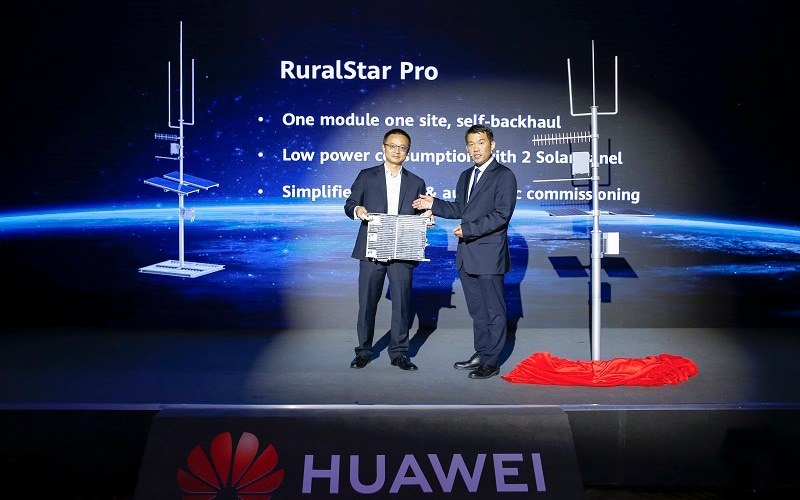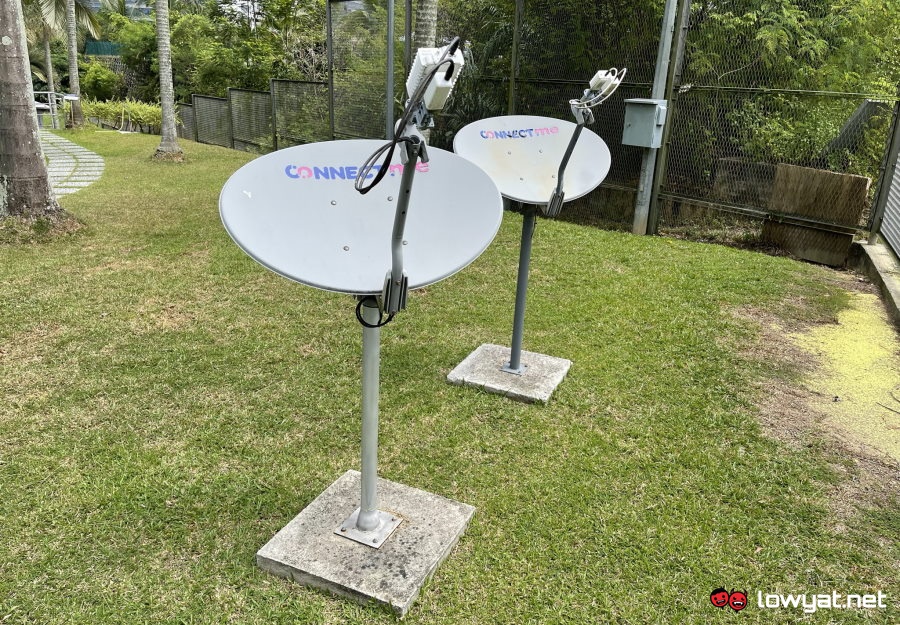RuralStar Pro is Huawei’s wireless technology that requires no “line-of-sight” for connections, making it suitable for challenging terrains such as deserts, mountainous regions, and rural valleys. According to Huawei, the system has a very low setup cost due to its simplicity, with a node taking less than seven days to be built. Each site also has low-energy consumption that requires less than 120W, no more than five lightbulbs. This means that RuralStar Pro only requires two solar panels to power up the entire system and provide communities with access to calls and the internet. For this project, Huawei teamed up with Celcom to provide 4G LTE coverage. Huawei Malaysia CEO Michael Yuan opined that RuralStar Pro, which has been implemented in 60 countries, can provide more online opportunities such as education, medicine, and employment to Malaysia’s remote areas. While it’s only launching in Bera for now, Celcom CEO Idham Nawawi added that the technology will be expanded to other underserved areas nationwide in the near future, although he did not reveal a committed timeline for the development. This comes less than a month after MEASAT successfully launched its MEASAT-3d satellite, which is a RM1.2 billion project aimed at improving internet access in rural areas ignored by traditional telcos. With the increased capacity, MEASAT’s CONNECTme satellite internet service will expand its speed from 30Mbps to 100Mbps per user. Not to forget, there is also the government’s ongoing National Digital Network Plan (JENDELA), which targets a 100% 4G coverage for populated areas and fixed broadband services to nine million premises by 2025. According to the report for the first quarter of 2022 [PDF], 95.52% of all populated areas nationwide currently have access to 4G. (Sources: Bernama, DTA, Huawei)

